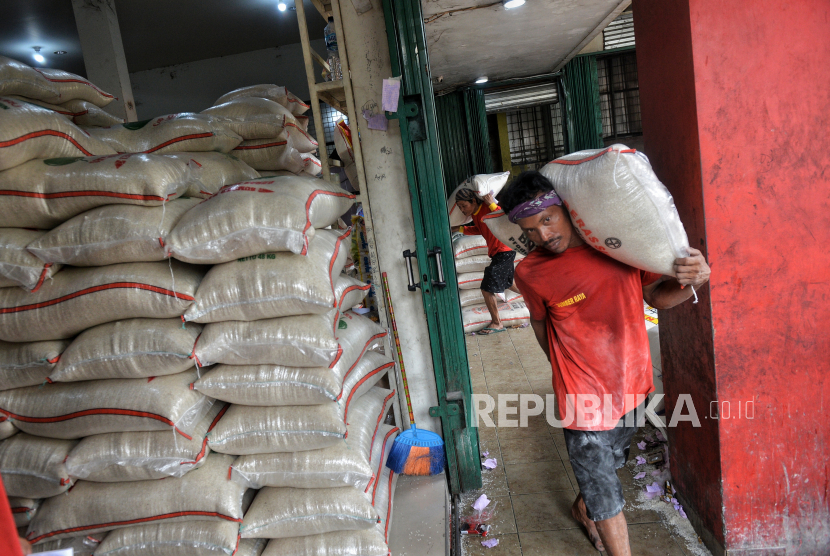REPUBLIKA.CO.ID, JAKARTA -- The Indonesian Pasar Merchants Association (IKAPPI) highlights the increasing price of premium rice. Not only are prices soaring, traders are also currently having trouble getting premium rice.
“Ikappi highlights the condition of rice, which is increasing in price. We must admit that traders have difficulty obtaining premium rice because indeed the stocks that the millers have are also limited,” DPP Secretary General of IKAPPI Reynaldi Sarijowan told Republika on Friday (23/2/2024).
To get around it, traders are now selling rice at prices that can be reached by the public. “If it is on the market, of course we can reduce the amount of rice that can be bought with literans,” said Reynaldi.
To that end, Reynaldi reminds governments as well as related stakeholders such as rice producers or factories that have stocks of premium rice to get them out immediately. Because, if it is not issued immediately, it will increase in price.
“This is something that must be taken care of by all parties so that stocks owned in particular premium rice should be removed immediately, including local factories, because the more premium rice is retained, the higher the price and the worse the conditions will be,” he said.
Although Reynaldi acknowledges the reason for this spike in rice prices has to do with decreased production due to the retreat of the growing season due to El Nino. The retreat of this growing season automatically makes the harvest go backwards. This condition is coupled with last year's limited rice production so that there is no imbalance between supply and demand.
“The increase in rice prices this year is 20 percent more than last year. From Rp 14 thousand to Rp 18 thousand per kilo,” he said.
He also encouraged the government to continue to ramp up production. Because, at present, people's need for food is high ahead of Ramadan and Eid al-Fitr.
“For now, ahead of Ramadan, the solution to the rice issue is to destroy stocks owned by the government, local companies, milling to drop in traditional markets, including encouraging the food task force of the police to monitor the stocks held by the above parties so that they are not detained and immediately removed,” he said.
Not only market traders, the rising price of rice has an impact on food traders as well as household consumers.
Madani (55 years old), the seller of this rice stall was affected by the rising price of rice. He said its profits were reduced due to the steadily soaring price of rice coupled with a rise in other food commodities.
“Rice, which used to be 12 thousand per liter, is now 15 thousand. If you increase the pity of the buyer, eventually the profit decreases,” he said.


